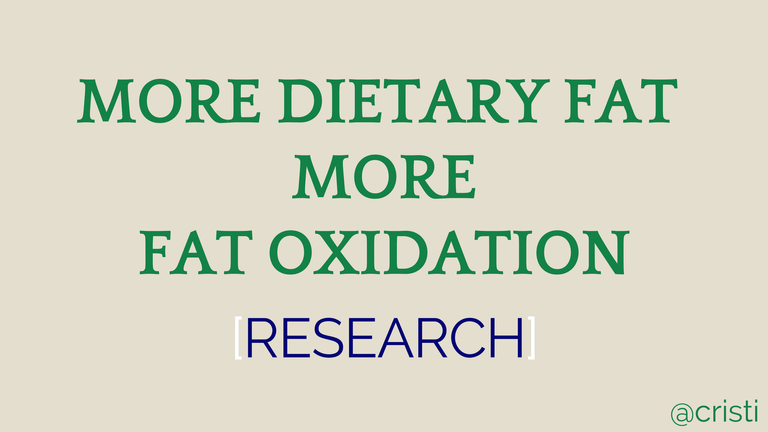
A team of Australian research has just published an article in FASEB Journal, in which they look at fat oxidation rates in athletes following different dietary protocols. This was a randomized, crossover trial.
Eight male cyclists were given a diet that is 70% carbohydrates for 5 days, after which they have been put on either a high-fat diet (>65% of energy intake) or a high-protein diet (>65% of energy intake). In both of these diets carbohydrate was limited to no more than 20% of energy intake.
They undertook daily exercise training so that researchers could observe changes in their metabolism. You know what's interesting?
I've seen very few studies of super high protein diets. And this is one of them. On the high protein diet, subjects were consuming an average of 8.8 grams of protein per kg body mass or about 680 grams of protein per day. To get a rough idea of what this means, they would have to consume the equivalent of 2.2kg of cooked chicken breast per day. I don't think I could chew that much meat in one day...
Okay, so, what they found was that after 5 days of the high-fat diet, muscle mitochondrial respiration and also uncoupled respiration were decreased at rest, while whole body fat oxidation while exercising was increased compared to the high-protein group. As they point out:
"After 1 d of high-CHO diet intake, mitochondrial respiration returned to baseline values in HFAT, whereas rates of substrate oxidation returned toward baseline in both conditions." [source]
Their main conclusion was that high dietary fat and not the low-carbohydrate aspect of it contributed to the decrease in mitochondrial respiration and increase in whole-body fat oxidation rates.
Looking at the details of the paper, one can see that the high-fat diet was not low enough in carbohydrate do induce and sustain nutritional ketosis (blood beta-hydroxybutyrate levels > 0.5 mmol/L). It would have been interesting to compare the ketogenic diet with the high-fat as well.
Also to point out, muscle glycogen after the diet phase (HFAT and HPRO) was slightly higher in the HPRO dieters. Respiratory exchange ratio (RER) was significantly higher in HPRO dieters and carbohydrate oxidation markedly lower in the HFAT group.
The discussion section of the article is pretty neat, so, this is a call for all research junkies out there! You can read the full paper by following the link below:
To stay in touch with me, follow @cristi
Cristi Vlad Self-Experimenter and Author
A very interesting post with good content, the main thing is to have a healthy body for a healthy mind, thank you very much for this @cristi , a hug from Venezuela my friend
Thank you for sharing I like your post
Following you ❤️
Good post friend...thank for information
Nearly 700g of protein is absurd! I want video evidence of all meals consumed :)
Glad I found your blog. Your summaries of scientific journals are very good. I like the way you pick out the most useful bits of data and give an easy to understand analysis. I might try writing similar articles.